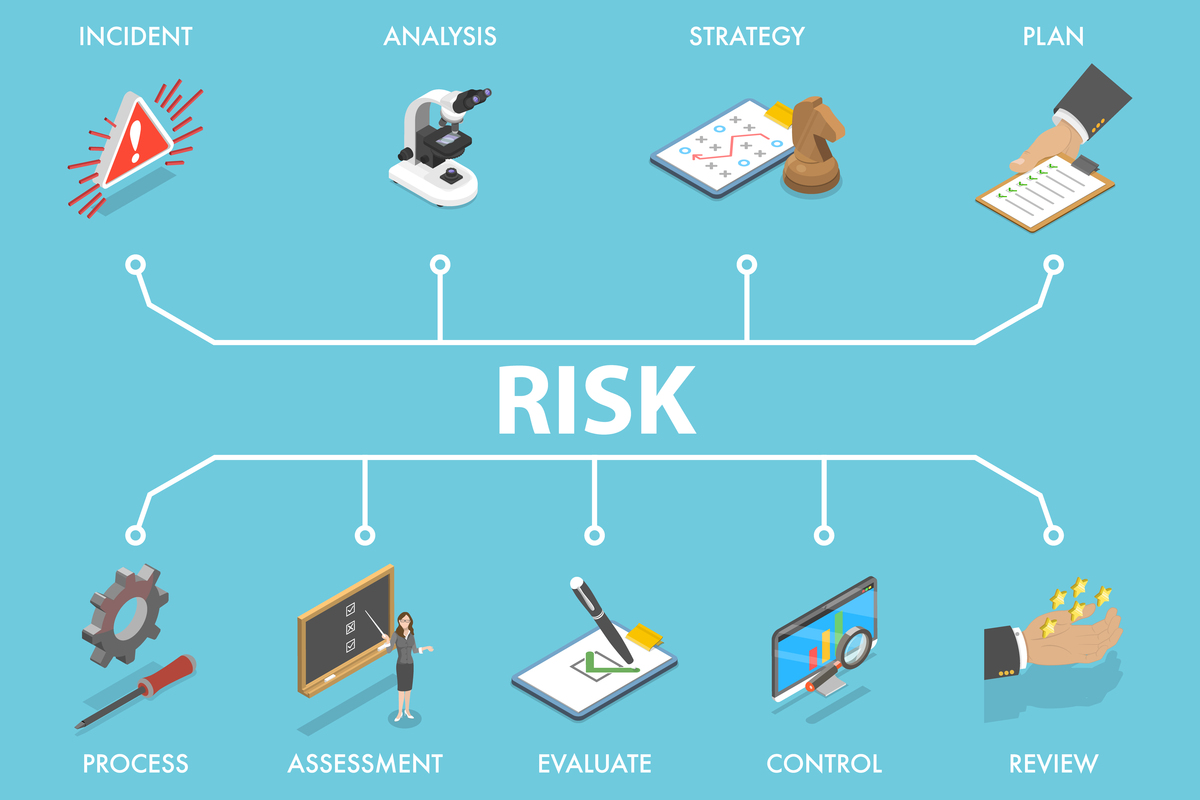The Rise of Machines: Do the Benefits Outweigh the Costs? (Job Loss, Health, and Skills)
In recent years, there has been a significant increase in the reliance on machines to perform physically demanding tasks in various industries. While this trend has its advantages, such as increased productivity and efficiency, it also brings about negative consequences. In my opinion, the negative effects of this trend outweigh the positive effects.
\nOne of the main negative impacts of the increasing use of machines in physically demanding jobs is the loss of employment opportunities for humans. As machines become more sophisticated and capable, they are gradually replacing human workers in industries such as manufacturing and agriculture. This leads to unemployment and economic instability, as people lose their livelihoods and struggle to find alternative sources of income. Moreover, this trend widens the gap between the wealthy and the impoverished, as those who own and operate the machines benefit greatly, while the workforce suffers.
\nFurthermore, the overreliance on machines in physically demanding tasks can have adverse effects on human health. While machines may be able to perform tasks faster and more efficiently, they lack the ability to adapt to changing conditions or respond to unforeseen challenges. Humans, on the other hand, possess problem-solving skills and adaptability, which are crucial in physically demanding jobs. By replacing humans with machines, we risk losing these essential qualities and becoming increasingly dependent on technology.
\nMoreover, the rise of machines in physically demanding tasks can lead to a decline in human skills and knowledge. As workers are replaced by machines, the expertise and experience they possess are lost. This can have long-term consequences, as future generations may lack the necessary skills and knowledge to operate and maintain these machines. Additionally, the loss of human expertise can hinder innovation and creativity, as machines are limited to performing predefined tasks and lack the ability to think critically or come up with new ideas.
\nIn conclusion, while the use of machines in physically demanding jobs may bring about increased productivity and efficiency, the negative effects of this trend outweigh the positive effects. The loss of employment opportunities, adverse effects on human health, and decline in human skills and knowledge are significant drawbacks of relying heavily on machines. It is crucial that we find a balance between utilizing technology and preserving the role of humans in physically demanding tasks to ensure a sustainable and equitable future.

原文地址: http://www.cveoy.top/t/topic/qAia 著作权归作者所有。请勿转载和采集!